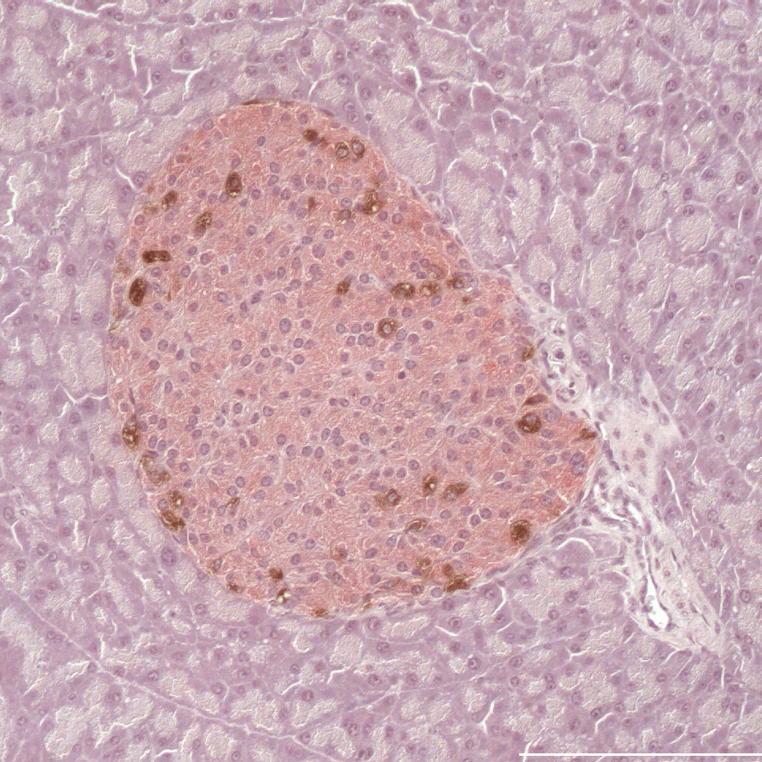Munich / Salt Lake City – The role for iron in the pathogenesis of diabetes is on debate. While the consequences of excess iron in β-cell function and survival are established, the effects of iron deficiency on β-cell function and diabetes risk in humans are not yet fully understood.
In a collaborative effort scientists of the University of Utah and the German Mouse Clinic unraveled a critical role for iron-regulatory protein 2 (Irp2) in the regulation of β cell iron homeostasis and reveal a previously unrecognized role for iron in proinsulin processing and insulin secretion in these cells. The study was published in Nature Communications.
